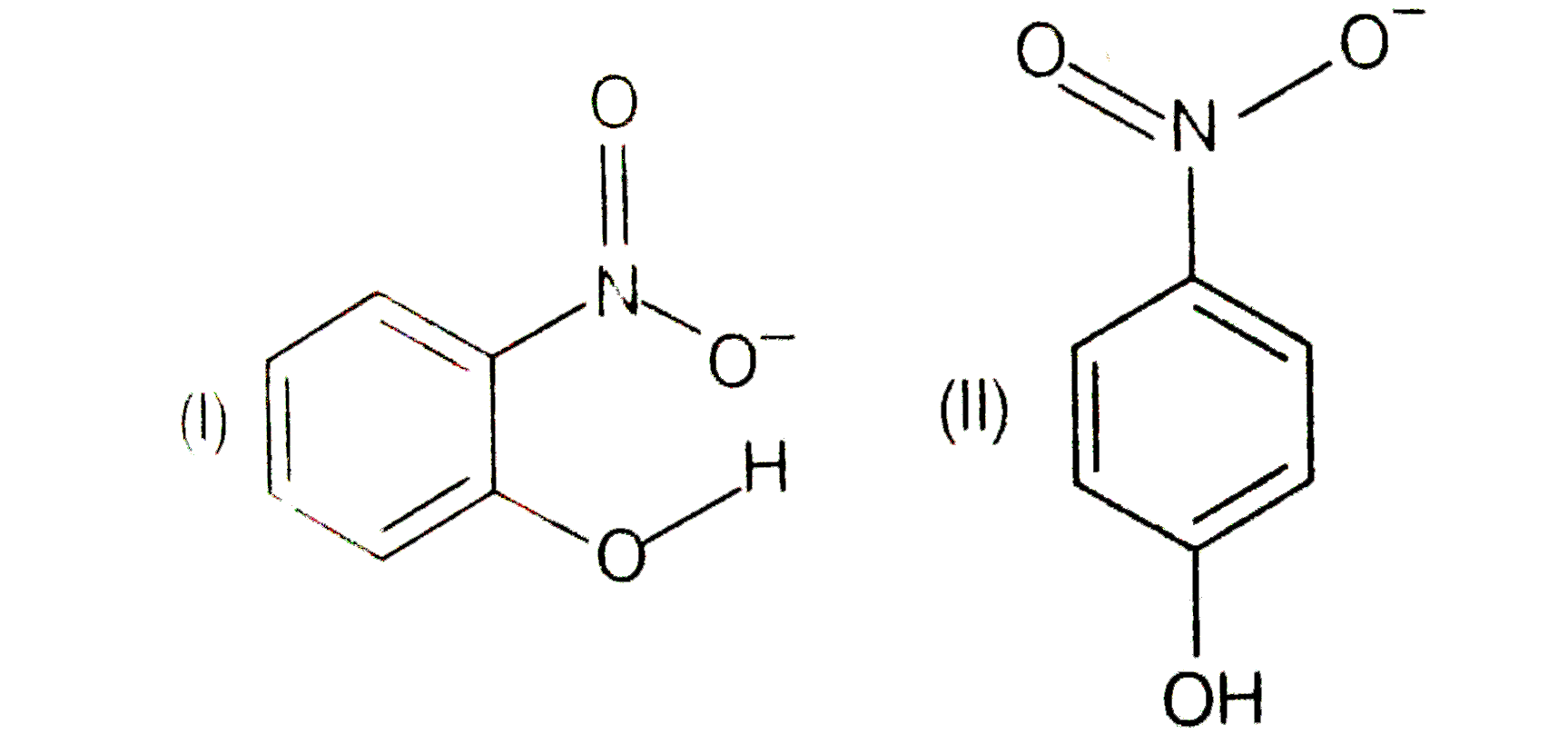Assertion: The two strands of DNA are complementary to each other
Reason: Adenine specifically forms hydrogen bonds with guanine whereas cytosine forms hydrogen bonds with thymine.
If both assertion and reason are true and reason is the correct explanation of assertion.
If both assertion and reason are true but reason is not the correct explanation of assertion.
If assertion is true but reason is false.
If both assertion and reason are false.
The correct Answer is:C
Adenine forms hydrogen bonds with thymine whereas cytosine forms hydrogen bonds with guanine . Due to specific pairing of bases the two strands are complementary.
Topper's Solved these Questions
- BIOMOLECULESBook:NCERT FINGERTPS ENGLISHChapter:BIOMOLECULESExercise:Carbohydrates
Explore 35 Videos
- BIOMOLECULESBook:NCERT FINGERTPS ENGLISHChapter:BIOMOLECULESExercise:Proteins
Explore 30 Videos
- BIOMOLECULESBook:NCERT FINGERTPS ENGLISHChapter:BIOMOLECULESExercise:EXEMPLER PROBLEMS
Explore 16 Videos
- AMINES Book:NCERT FINGERTPS ENGLISHChapter:AMINES Exercise:ASSERTION & REASON CORNER
Explore 14 Videos
- CHEMICAL KINETICSBook:NCERT FINGERTPS ENGLISHChapter:CHEMICAL KINETICSExercise:Assertion And Reason
Explore 15 Videos
Similar Questions
Knowledge Check
The two strands of double helix of DNA are linked together by hydrogen bonds between :
AbasesBdeoxysugarsCphosphatesDribose sugars
The compound which can form intramolecular hydrogen bond is :
View SolutionWhich site of tRNA molecule forms hydrogen bonds with mRNA molecule?
View SolutionIn double helix model of DNA, the number of hydrogen bonds formed between guanine and cytosine is
View Solutionα− helix of protein is formed by the bending of polypeptide chain to form hydrogen bonds in the same chain.
View SolutionAssertion (A) Boiling points of alcohols are higher than ethers.
Reason (R) They can form intermolecular hydrogen-bonding.
View SolutionAssertion : The nearly tetrahedral arrangement of the orbitals about the oxygen atoms allows each water molecule to form hydrogen bonds with as many as four neighbouring water molecules.
Reason : In ice each water molecules forms four hydrogen bonds as each molecules is fixed in the space.
View SolutionStructures of molecules of two compounds are given below.

a) Which of the two compounds will have intermolecular hydrogen bonding and which compound is expected to show intramolecular hydrogen bonding?
b) The melting point of compound depends on, among other things, the extent of hydrogen bonding. On this basis explain which of the above two compounds will show higher melting point?
c) Solubility of compounds in water depends on powers to form hydrogen bonds with water. Which of the above compounds will form hydrogen bond with easily and be more stable in it?
View Solution

